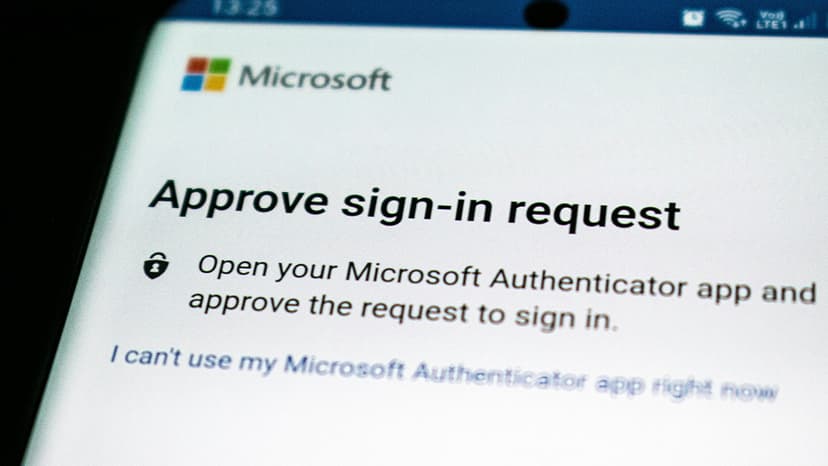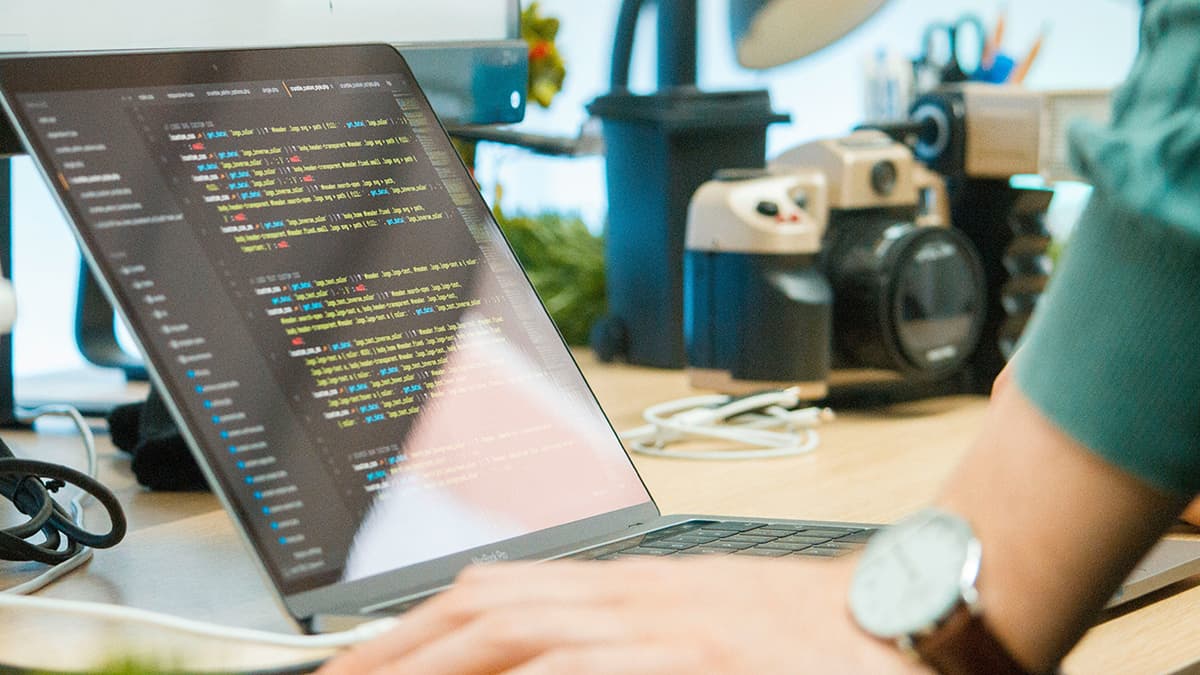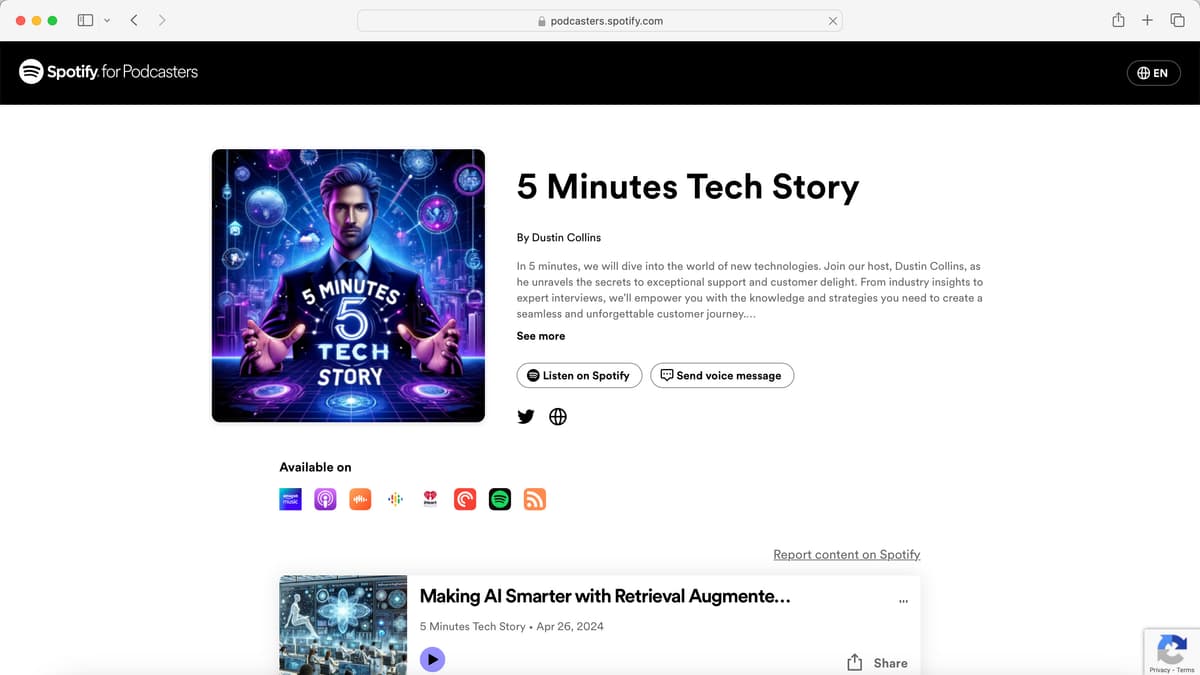Starting Your Coding Journey
Learning to code may seem daunting, but it is a valuable skill in today's world. Coding can be rewarding and accessible to anyone. This guide offers straightforward steps to help beginners become proficient coders.
Choose Your Adventure
What coding language should you start with? Select one that interests you and aligns with your goals. Python is known for its simplicity, making it suitable for beginners. JavaScript is excellent for web development, while Java or C++ may appeal to those wanting to create robust applications.
Gather Your Gear
After choosing a language, equip yourself with the right tools. This typically means selecting an Integrated Development Environment (IDE) or a code editor, such as Visual Studio Code or Sublime Text. Also, look for learning resources: books, online courses, forums, and tutorials. Websites like Codecademy, freeCodeCamp, and Khan Academy provide free, high-quality coding lessons for beginners.
Set Up Base Camp
Establish a comfortable learning environment. Create a distraction-free workspace to help you focus. Keep your workspace organized. Schedule regular practice time, as consistency is vital for learning any new skill.
Understand the Landscape
Before diving into coding, familiarize yourself with the basics of computer science. Learn how computers process information and the logic involved in coding. This foundational knowledge will make your coding experience more intuitive. Websites like Khan Academy can help with understanding these fundamentals.
Start Small
Begin with small, manageable projects. These initial tasks build confidence and offer immediate satisfaction. Focus on writing simple programs, like making one that prints "Hello, world!" to the screen.
Practice, and Then Practice Some More
Practice is essential in coding. Don't just read or watch tutorials; actively write code yourself. Debug your own mistakes. The more you code, the better you will understand the language and its nuances. Embrace debugging and problem-solving as integral parts of the learning process.
Break It Down
When faced with a coding problem, break it into smaller, manageable parts. Tackle each segment one at a time. This approach prevents feelings of being overwhelmed and simplifies complex problems. Large tasks can be approached piece by piece.
Join the Community
Consider joining the vibrant online coding community. Engage with fellow learners and experienced coders. Participate in forums, attend local meetups, or contribute to open-source projects. Websites like GitHub and Stack Overflow are great places to collaborate and seek advice.
Pay Attention to Detail
Coding requires attention to detail. Small typos can lead to errors. Cultivate patience and become meticulous in reviewing your work. Develop the habit of writing clean, readable code from the beginning.
Keep Up With the Times
Technology changes rapidly, so staying updated with the latest trends in coding is important. Follow tech news, read coding blogs, or watch keynotes from industry events. Keeping your skills sharp will benefit you in the long term.
Celebrate the Milestones
Acknowledge your progress. Coding involves ups and downs, and every small victory matters. Celebrating these successes serves as a reminder of how far you've come and motivates you to continue.
Always Be Curious
Maintain your curiosity. Explore new languages, frameworks, and techniques. There is always something new to learn or create in coding. Let your curiosity guide your coding journey.
Starting your coding journey can open up new professional opportunities and personal satisfaction. It’s not just about acquiring a skill; it’s about developing a new way of thinking and solving problems.












